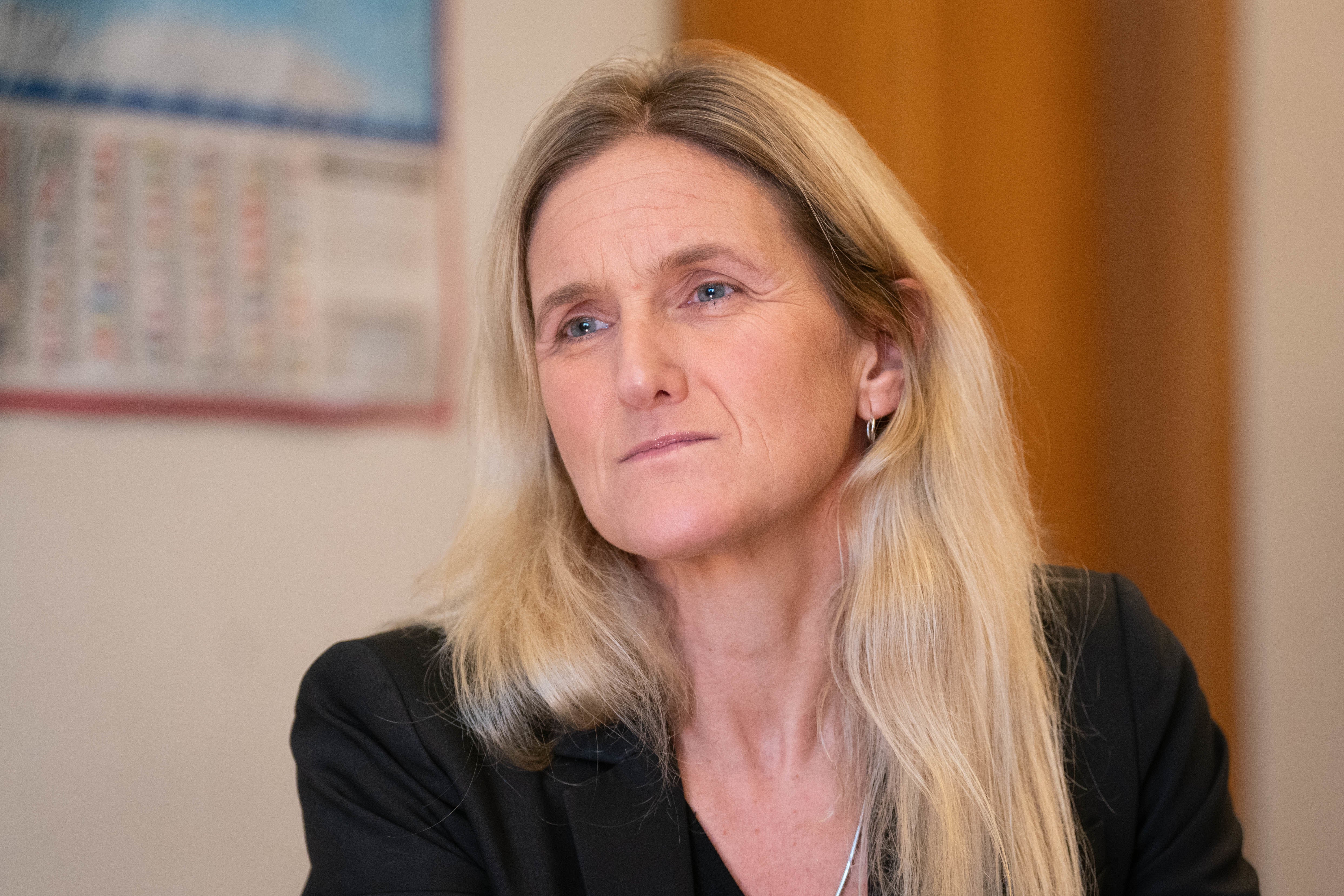Gordon Brown has declared he does not support the legalisation of assisted dying, arguing that the state of the NHS means it is not the right time for the momentous change.
The former prime minister wrote movingly of the death of his newborn daughter in January 2002, which he said showed him the “value and imperative of good end-of-life care”.
The Labour grandee, who remains a very influential figure within the party, said the days spent with his wife Sarah beside their dying baby Jennifer’s bed were “among the most precious days of our lives”.
And, in an intervention which threatens to derail Kim Leadbeater’s Terminally Ill Adults (End of Life) Bill, Mr Brown called instead for the establishment of a commission to devise a “fully funded, 10-year strategy for improved and comprehensive palliative care”.
Writing in The Guardian, he said: “In my view, assisted dying is not the only option available, nor even a good option when set against the palliative support that could be available in ensuring a good death.”
Despite safeguards in Ms Leadbeater’s bill, which would ensure patients require the approval of two doctors and a High Court judge before proceeding with assisted suicide, Mr Brown said there are “downsides left unresolved”.
“An assisted dying law, however well intended, would alter society’s attitude towards elderly, seriously ill and disabled people, even if only subliminally,” he said.
“I also fear the caring professions would lose something irreplaceable – their position as exclusively caregivers,” Mr Brown added.
The major intervention comes just a week before the Labour MP’s bill is to be debated in parliament.

Ms Leadbeater has insisted that it has “the strongest safeguards in the world” against abuse and will be strictly limited to terminally ill people with six months or less to live.
But Sir Keir Starmer’s government is split on the move, with the prime minister staying quiet on how he will vote while health secretary Wes Streeting plans to oppose it. Home secretary Yvette Cooper on Friday became the latest senior figure to indicate she would back the change.
Others, including 11-time Paralympic gold medallist Dame Tanni Grey-Thompson, have raised serious questions about loopholes in the bill which allow for family members to sign on behalf of people and for “doctor shopping” to find medics who will sign off the request.
In his article, Mr Brown said he and Sarah knew the extent of Jennifer’s brain haemorrhage four days after her birth in December 2001, when he was the chancellor. She was just 11 days old when she died.
He said: “We were fully aware that all hope was gone and that she had no chance of survival. We could only sit with her, hold her tiny hand and be there for her as life ebbed away. She died in our arms.
“But those days we spent with her remain among the most precious days of my and Sarah’s lives. The experience of sitting with a fatally ill baby girl did not convince me of the case for assisted dying; it convinced me of the value and imperative of good end-of-life care. We were reassured that she was not in pain.”
Mr Brown cited a Focal Data poll showing more than half of voters do not believe the government will be able to pay for their end-of-life care, while 51 per cent believe assisted dying will lead to discrimination against those who cannot afford end-of-life care.
As a result, 70 per cent want to prioritise improvements to palliative care before legalising assisted dying, Mr Brown said.
The ex-PM added: “To create change, you have to bring people with you. Britain usually moves too slowly on those matters where it should move fast.
“But sometimes, as now, it can move too fast on an issue where it should go slower, listen and learn. And with the NHS still at its lowest ebb, this is not the right time to make such a profound decision. Instead, we need to show we can do better at assisted living before deciding whether to legislate on ways to die.”







